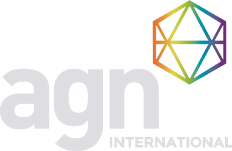Business Tax Items
- Deduction for Domestic Research and Experimental Expenditures – Section 174
Many businesses were required to capitalize and amortize certain domestic research and experimental costs incurred starting in 2022 due to a technical glitch in tax law. The new legislation now allows businesses to deduct these costs when incurred starting in 2025. However, there are also provisions that address deducting the previous unamortized costs incurred between 2022 and 2024 that may benefit your business. - Tax depreciation – Section 179 and “Bonus” Depreciation
Bonus depreciation on qualifying assets reverts back to allowing a 100% immediate deduction for property placed in service after January 19, 2025, and is now permanent law. Section 179 was also expanded to allow a maximum annual deduction of up to $2,500,000 for property placed in service on January 1, 2025, and later. The annual limit will also be indexed for inflation.




